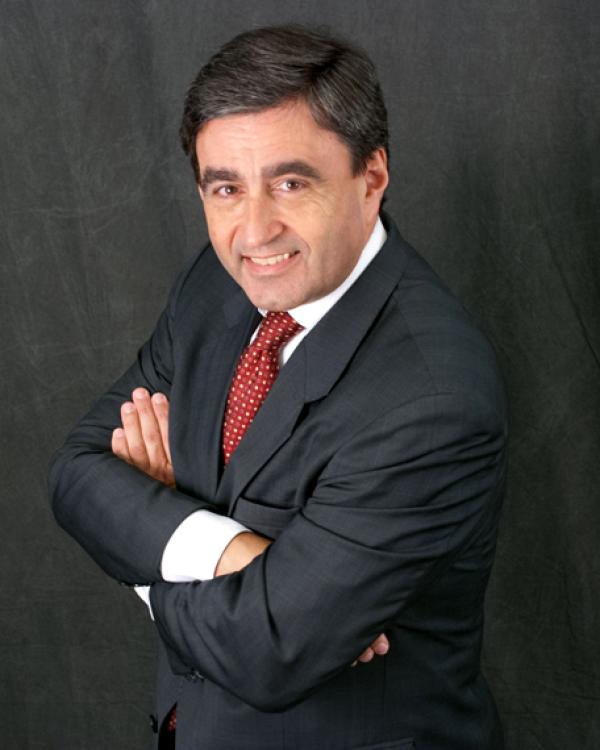
UC Santa Barbara CalTeach Physical Sciences and Engineering presents Eric Mazur, the Balkanski Professor of Physics and Applied Physics and Dean of Applied Physics at Harvard University, delivering the free public lecture “Assessment: The Silent Killer of Learning” on Friday, November 7 at 11 am at UCSB Corwin Pavilion. While the event is free, to help with event planning, please RSVP to rsvp@education.ucsb.edu.
Why is it that stellar students sometimes fail in the workplace while dropouts succeed? One reason is that most, if not all, of our current assessment practices are inauthentic. Just as the lecture focuses on the de¬livery of information to students, so does assessment often focus on having students regurgitate that same information back to the instructor. Consequently, assessment fails to focus on the skills that are relevant to life in the 21st century. Assessment has been called the “hidden curriculum” as it is an important driver of students’ study habits. Unless we rethink our approach to assessment, it will be very difficult to produce a meaningful change in education.
Eric Mazur is a prominent physicist known for his contributions in nano photonics, an internationally recognized educational innovator, a sought-after lecturer, and a successful entrepreneur. In education he is widely known for his work on Peer Instruction, an interactive teaching method aimed at engaging students in the classroom and beyond. Mazur has received many awards for his work in physics and in education and has founded several successful companies. Mazur is Chief Academic Advisor for Turning Technologies, a company developing interactive response systems for the education market. Dr. Mazur is author or co-author of 258 scientific publications and 23 patents. He has also written extensively on education and is the author of Peer Instruction: A User’s Manual (Prentice Hall, 1997), a book that explains how to teach large lecture classes interactively. In 2006 he helped produce the award-winning DVD Interactive Teaching. Mazur is also first winner of the Minerva Prize for Advancements in Higher Education.
Dr. Mazur’s lecture is sponsored by the following: the National Science Foundation’s Robert Noyce Teacher Scholarship Program; the Office of the Dean, Gevirtz Graduate School of Education; the Office of the Dean, Mathematical, Physical and Life Science, College of Letters and Science; and the Office of the Dean, College of Engineering.
CalTeach Physical Sciences and Engineering (CTPSE) encourages majors in chemistry, engineering, computer science, and physics to pursue a secondary science teaching credential in chemistry or physics. CTPSE is the second NSF-funded Noyce program awarded to UCSB. CTPSE includes opportunities for undergraduates and teacher candidates to learn to teach from award-winning science teachers at Dos Pueblos High School’s Engineering Academy (DPEA) and Santa Barbara High School’s (SBHS) Green Academy. Undergraduates receive stipends and teacher candidates receive scholarships for their participation in CTPSE. CTPSE undergraduates can also receive mentoring if pursuing the Undergraduate Minor in Science and Mathematics Education and/or applying to a teacher education program. CTPSE is part of the larger UCSB CalTeach program, which recruits and prepares STEM undergraduates to be exceptional science and mathematics teachers.